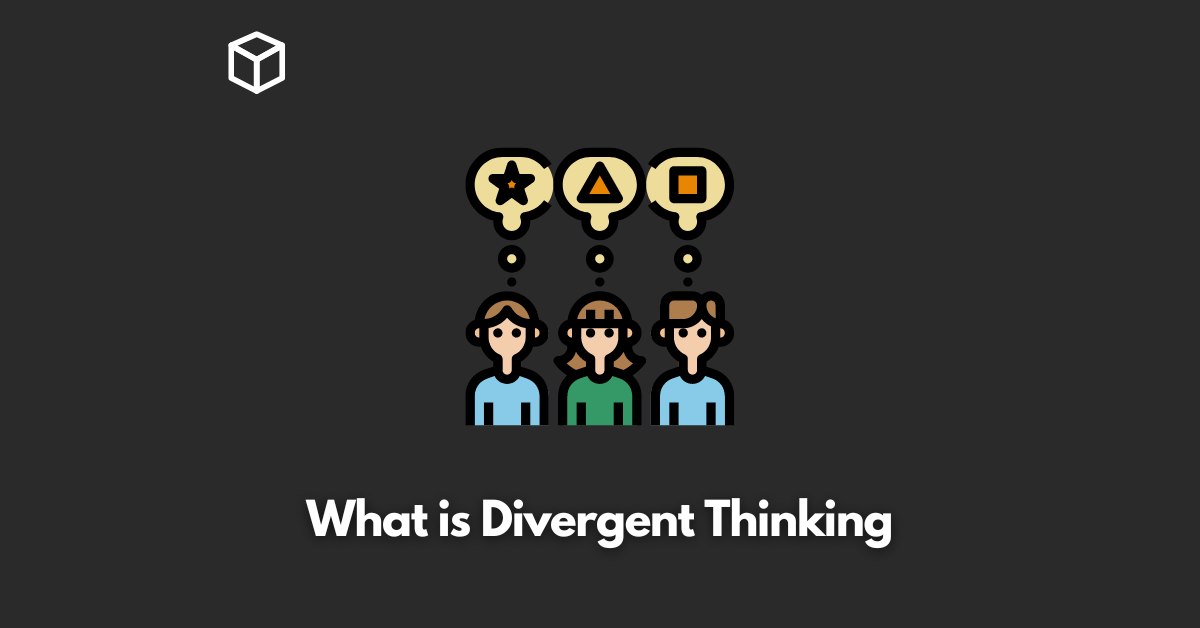Divergent thinking is a valuable skill that allows individuals to generate multiple solutions or ideas for a given problem or task.
This type of thinking is in contrast to convergent thinking, which is a more traditional and logical approach that involves finding the single best solution for a problem.
In today’s fast-paced and ever-changing world, the ability to think divergently is becoming increasingly important for success in a variety of fields.
Characteristics of Divergent Thinking
One of the key characteristics of divergent thinking is creativity.
This type of thinking encourages individuals to think outside of the box and come up with new and unique ideas. Another characteristic of divergent thinking is flexibility.
This type of thinking allows individuals to consider multiple perspectives and adapt to changing circumstances.
Originality and open-mindedness are also key characteristics of divergent thinking, as individuals are able to approach problems from a fresh perspective and consider a wide range of ideas.
Additionally, divergent thinking often involves taking risks, as individuals may need to try new and untested ideas in order to achieve success.
Techniques for Encouraging Divergent Thinking
There are a number of techniques that can be used to encourage divergent thinking.
One popular technique is brainstorming, which involves generating a large number of ideas in a group setting.
Mind mapping is another technique that can be used to organize and connect ideas.
Random word association and reverse engineering are also effective techniques for encouraging divergent thinking.
Additionally, role-playing can be used to help individuals think outside of their normal roles and consider new perspectives.
Applications of Divergent Thinking
Divergent thinking has a wide range of applications, including in business, education, the arts, and research.
In business, divergent thinking can lead to innovation and the development of new products and services.
In education, divergent thinking can help students to solve problems in creative ways. In the arts, divergent thinking is essential for the creation of new and original works.
And in research, divergent thinking can lead to the development of new theories and discoveries.
Conclusion
In conclusion, divergent thinking is a valuable skill that can be used to generate new and unique ideas.
This type of thinking is characterized by creativity, flexibility, originality, open-mindedness, and risk-taking.
There are a number of techniques that can be used to encourage divergent thinking, and this type of thinking has a wide range of applications in fields such as business, education, the arts, and research.
It’s important to keep in mind that divergent thinking can improve problem-solving skills and lead to innovation, so it’s a great idea to practice it regularly.




